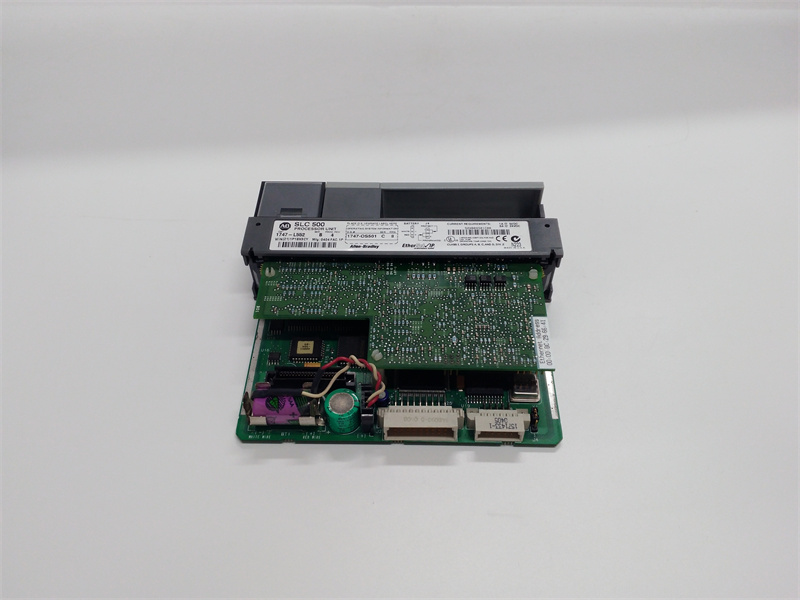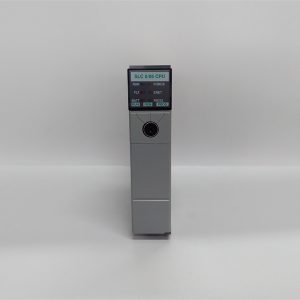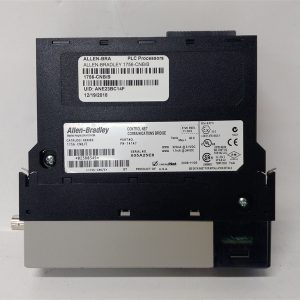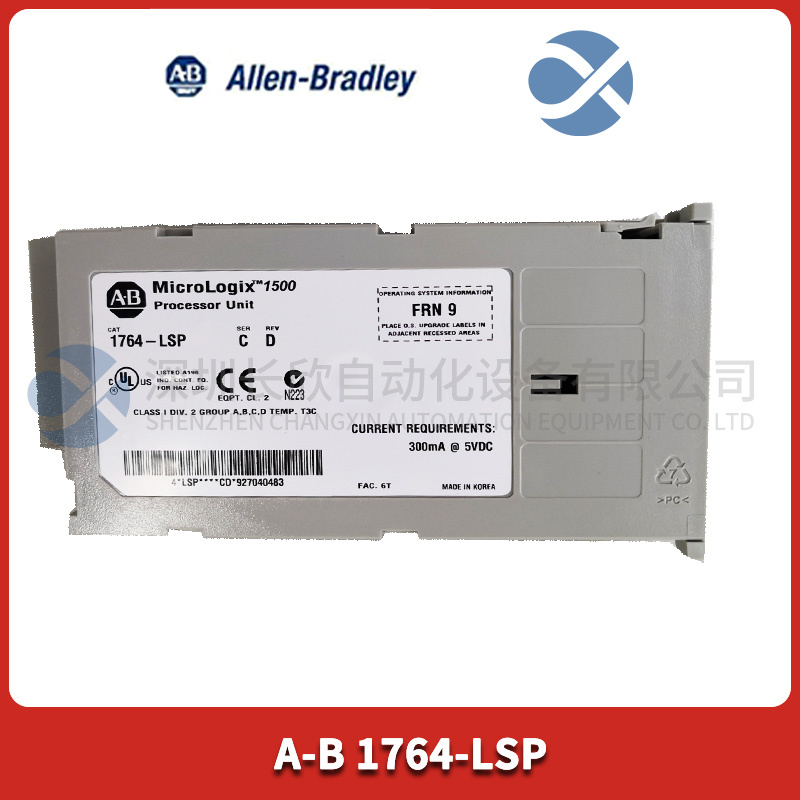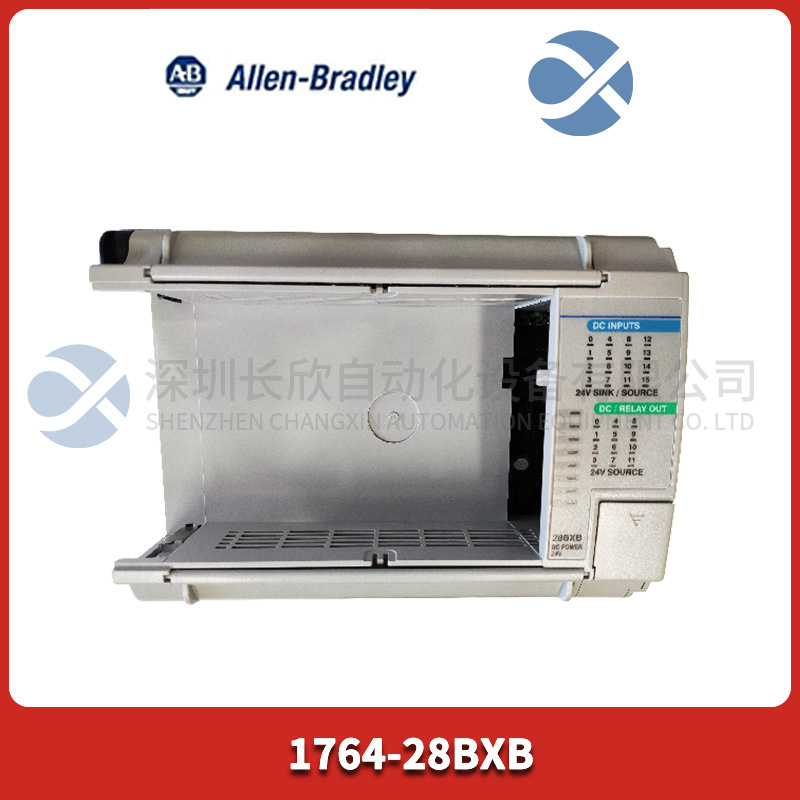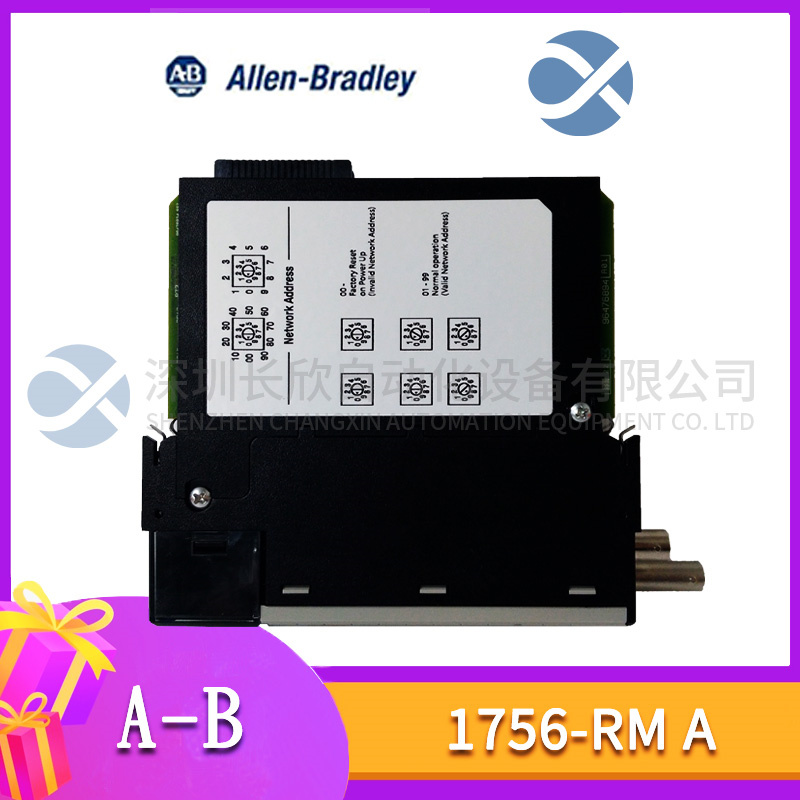Description
Technical Specifications for 1747-L552
| Manufacturer | Rockwell Automation |
| Brand | Allen-Bradley |
| Part Number/Catalog No. | 1747-L552 |
| Series | SLC 500 |
| Inputs | 4096 |
| Module Type | SLC 5/05 Processor |
| Outputs | 4096 |
| Analog I/O | 480 |
| Memory: | Up to 32 KB, Battery Backed-RAM |
| Program Scan Time | 0.9 ms/K |
| User Memory | 32,000 Words |
| I/O Chassis | 3 |
| I/O Scan Time | 0.225 milliseconds |
| Chassis Module Slots | 30 |
| Communication | Ethernet, RS-232 |
| Backup Memory | 1747-M13 |
| Ambient Temperature | 0 to 60 degrees Celsius |
| Battery back-up memory: | Yes; 1747-BA |
| SLC 5/05 Connections | 48 |
| UPC | 10662072745585 |
About 1747-L552
This processor is ideal for use in medium to large scale applications with focus on integrating the machine level area to the enterprise level. This processor also provides practical integration features for Industrial Internet of Things (IIoT) requirement.
Unlike other processors under the SLC 500 platform, the embedded communication capability of these processors include DH485, Data Highway Plus (DH+), Remote I/O and DeviceNet. These communication protocols are proprietary and requires specialty modules or 3rd party converters and gateways to enable vertical integration. With the embedded Ethernet, this processor is out of the box ready for vertical integration.
The RS232 communication port is a classic communication port ideal for Human Machine Interface (HMI) communication that is typically installed on the same panel where the Programmable Logic Controller (PLC) processor is installed as RS232 has a limited distance coverage.
The large memory capacity of the 1747-L552 features an IO capacity of 4096 Input and Outputs which allows the processor to control multiple small processes or a single large process. System criticality must be considered to properly plan which process can be included with the same processors. It also support implementation of Remote I/O topology to allow strategic installation of I/O modules.
This module has a maximum user memory of 32K words, with 28K words for the data or program and 4K words for user data. The processor also has an absolute maximum number of I/O at 4096 each for both inputs and outputs. It also has a maximum local analog of 480 points. This processor supports up to One hundred and seven (107) programming instructions and permits installation of up to Three (3) chassis with a maximum of Thirty (30) slots. The maximum input current of this processor is 1A at 5 Volts DC and 0A at 24 Volts DC. It comes with a typical program scan time of 0.9 milliseconds/K, I/O scan time of 0.225 milliseconds, and an XIC bit execution of 0.37 µs. Depending on the power supply loading, this processor has a program scan hold-up time of 20 milliseconds to 3s seconds after a loss of power. It has an operating vibration of 0.015 inches, a peak-to-peak displacement at 5 to 57 Hertz, and 2.5G acceleration at 57 to 2000 Hertz. This processor also has an operating shock of 30G and a non-condensing relative humidity of 5 to 95%. The operating temperature range of this processor is 0 to 60 degrees Celsius and the storage temperature range is -40 to 85 degrees Celsius.
Power must be turned off when adding or removing a module. Status LEDs are available for this processor and these let you monitor its current state. The 1747-L552 processor has an open-type enclosure and is mounted via a chassis. The entire processor measures 145 x 35 x 142 millimeters. The Ethernet connection of this processor is BOOTP enabled and it supports up to 48 incoming or outgoing connections. Outgoing connections can only establish one connection per destination node. Multiple MSG instructions will share the same connection if they use the same destination node. This processor also has an RS-232 port and a flash backup memory. It has a user-replaceable lithium battery that lasts an average of two years. The 1747-L552 processor has a capacitor and this lets the processor run for at least 30 minutes using the battery back-up while the battery itself has been disconnected. The battery must be connected to the processor within 30 minutes to avoid losing data in the RAM.
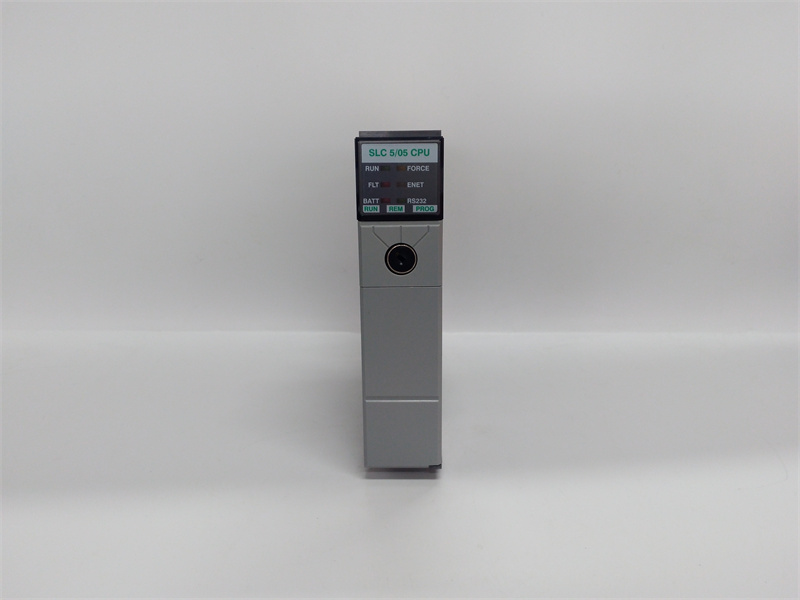
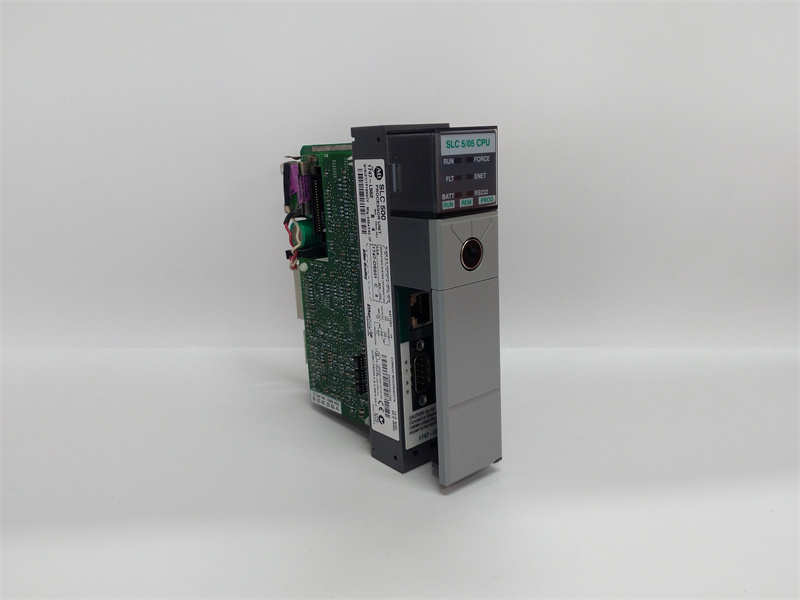
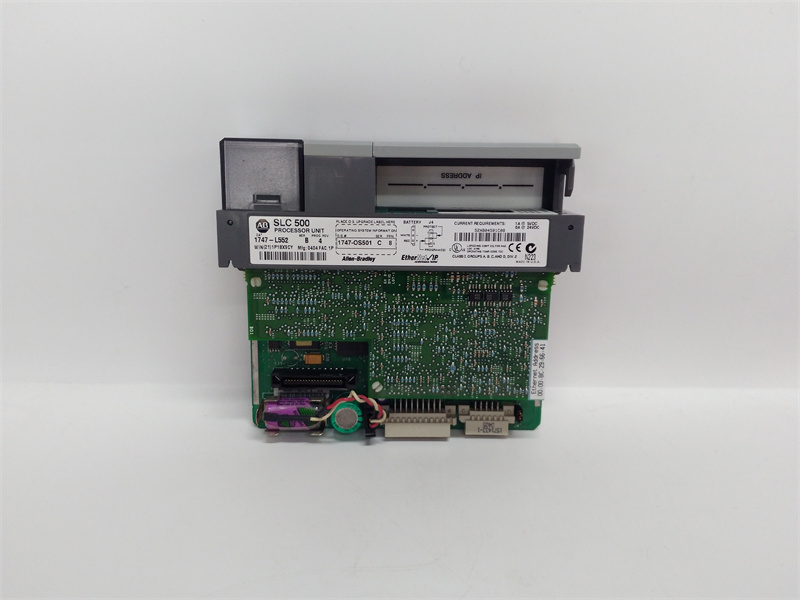
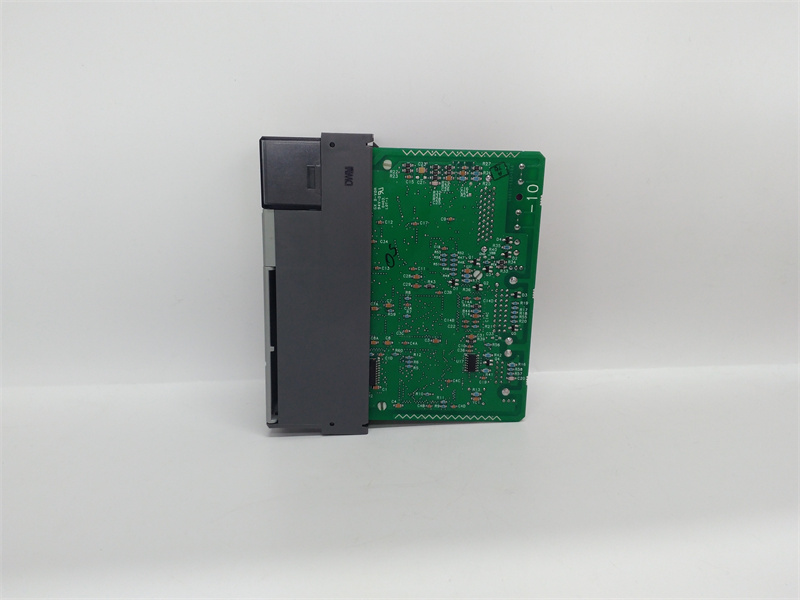

 WhatsApp:+86 18005022363 WeChat: +86 18005022363 /+86 18150887953
WhatsApp:+86 18005022363 WeChat: +86 18005022363 /+86 18150887953  Email:
Email:
